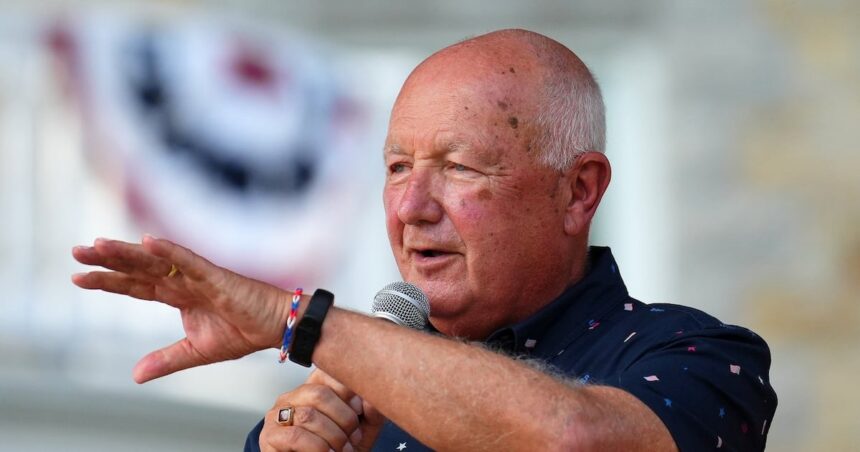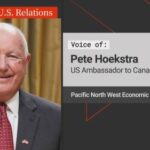In an unexpected diplomatic flare-up, former President Donald Trump has characterized Canadians as “nasty” following reports of citizens canceling U.S. travel plans and several Canadian bars boycotting American-made alcohol products in response to his recent electoral victory.
The comments emerged during a closed-door meeting with his newly appointed ambassador to Canada, according to multiple sources familiar with the conversation. Trump reportedly expressed frustration over what he perceives as an unwarranted rejection from America’s northern neighbor, questioning why “such nice people suddenly turned so nasty.”
“The president-elect seems particularly bothered by the economic implications,” noted Samantha Reynolds, international relations expert at the University of Toronto. “What began as isolated protests has evolved into a measurable decline in cross-border tourism and selective purchasing behaviors that could impact certain U.S. exports.”
Data from the Canadian Tourism Board shows approximately 12% of Canadians have altered or canceled planned U.S. trips for the upcoming winter season, representing a potential economic impact of $1.4 billion to U.S. tourism-dependent regions.
Meanwhile, the hospitality industry reports over 340 Canadian establishments have joined the “No American Spirits” movement, removing U.S.-produced whiskeys, bourbons, and other alcoholic beverages from their shelves and bar menus.
“This isn’t about politics—it’s about values,” explained Marcus Lee, owner of Toronto’s Maple Leaf Tavern, one of the first establishments to announce the boycott. “Our customers are asking for alternatives, and we’re responding to their preferences.”
Canadian Prime Minister Justin Trudeau has maintained a careful diplomatic stance, emphasizing during yesterday’s press conference that “while individual Canadians make personal choices as consumers and travelers, our government remains committed to maintaining productive bilateral relations with our most important trading partner.”
Trade experts emphasize the symbolic rather than substantial nature of these actions. “The integrated supply chains between our countries are too valuable to both economies to face serious disruption,” explained Dr. Helena Vartanian, economist at the Royal Bank of Canada. “What we’re seeing is more emotional than economic.”
However, the cultural ripple effects continue to spread. Several Canadian music festivals have dropped American headliners, university exchange programs report declining applications for U.S. institutions, and social media campaigns promoting “Canada-first” purchasing decisions have gained traction.
The diplomatic tension comes at a particularly sensitive moment as both countries prepare for renegotiation of several key trade provisions scheduled for early 2026. Trump’s administration has already signaled intentions to revisit aspects of the USMCA agreement that his previous administration negotiated.
As these developments unfold, one question remains particularly relevant for citizens on both sides of the world’s longest undefended border: Can the deep historical, cultural, and economic ties between Canada and the United States withstand the growing polarization that appears to be transforming even the most stable of international relationships?























